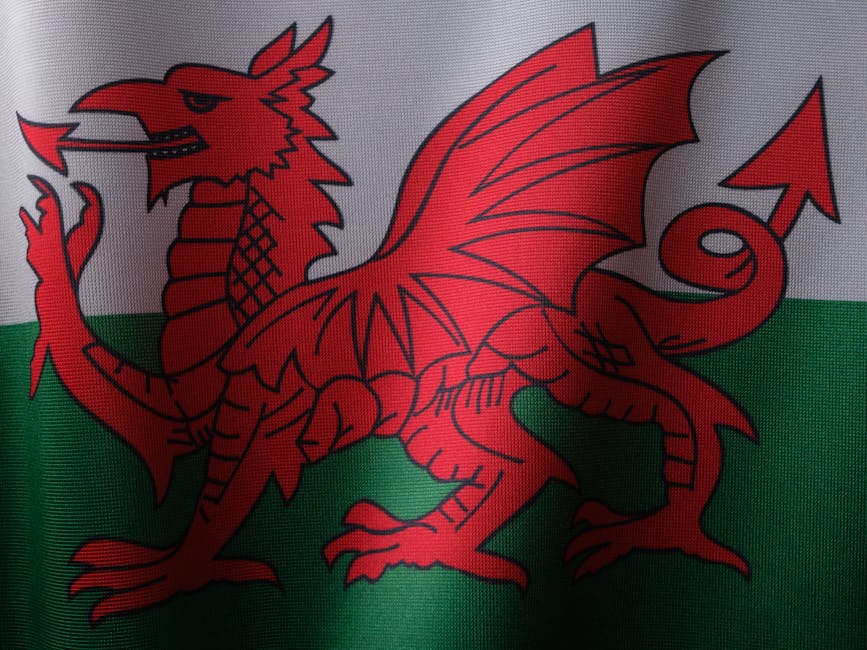Political deadlock, characterized by an inability of opposing factions to cooperate and compromise, has become a defining feature of contemporary politics. This partisan gridlock, often rooted in deep ideological divisions and amplified by the media landscape, carries a multitude of negative consequences that ripple through the political system and impact citizens’ lives.
One significant consequence of partisan gridlock is the erosion of public trust. When political actors consistently fail to address critical issues or enact meaningful legislation, citizens lose faith in their ability to govern effectively. This erosion is exacerbated by the perception of politicians prioritizing partisan interests over the needs of the electorate. A lack of progress on vital issues like healthcare, education, or infrastructure further fuels cynicism and distrust.
Further compounding the issue is the consequent reduction in legislative productivity. Governments stymied by perpetual disagreements find themselves incapable of enacting policies that reflect the will of the population. Bills languish in committee, important debates remain unresolved, and urgent issues are often relegated to the back burner. This inaction has a direct impact on citizens’ well-being, as critical policy areas remain unaddressed, and society struggles to adapt to evolving societal needs. The lack of progress can manifest in slower economic growth, hindered social progress, and a decline in overall public satisfaction.
The inherent instability generated by such gridlock also contributes to economic uncertainty. A lack of political direction and consistent policies makes it difficult for businesses to plan for the future. Investors become hesitant to commit to long-term projects, anticipating potential shifts in legislation or policy. Uncertainty regarding tax policies, trade agreements, and regulatory frameworks can lead to a stagnation in economic development. This ripple effect has implications for employment rates and the overall financial health of the country.
Beyond economic ramifications, partisan gridlock significantly impacts social cohesion and democratic values. When political leaders prioritize party loyalty over the common good, societal trust erodes. The public may feel that their voices are unheard, their concerns disregarded, and their interests secondary to partisan objectives. This lack of respect for opposing viewpoints and the prevalence of divisive rhetoric contribute to a climate of political animosity and further amplify existing social divisions.
Another crucial aspect is the detrimental influence on the quality of governance. Without a degree of bipartisan cooperation, vital functions of government, such as judicial appointments, bureaucratic oversight, and foreign policy decisions, can become paralyzed. This paralysis creates an environment where important issues are delayed, policies are implemented inconsistently, and the overall effectiveness of government diminishes. This can result in a weakening of democratic institutions and potentially lead to an increase in corruption or abuse of power.
Examining the ramifications of gridlock at the international level is also revealing. A fragmented and indecisive domestic political landscape reduces a nation’s ability to project influence on the global stage. This lack of decisive action can hinder international collaborations on crucial issues like climate change, global security, and economic cooperation. A nation facing internal political division is often less likely to command respect and be effective in the international arena.
The role of media in exacerbating partisan gridlock deserves special consideration. In an era of fragmented media consumption, where information is often filtered through partisan lenses, the potential for inflammatory rhetoric and the propagation of misinformation is amplified. This contributes to a polarized public discourse, making it harder to forge common ground and find mutually acceptable solutions. The media, in some instances, may even be a driver of the gridlock by highlighting differences and conflicts while downplaying areas of potential consensus.
Addressing this multifaceted issue requires a multifaceted approach. Prominent figures in politics, media, and civil society need to encourage a shift in political discourse, fostering greater respect for opposing viewpoints and promoting the search for common ground. Public education and engagement are key to fostering a more informed citizenry who are capable of evaluating the nuances of political issues and appreciating the necessity for compromise. Mechanisms that prioritize the pursuit of solutions over the pursuit of partisan advantage are essential. A crucial step includes encouraging a deeper understanding of the implications of gridlock, not only for individual politicians but also for the overall functioning of the political system.
Ultimately, the consequences of partisan gridlock are far-reaching, affecting not only the efficiency of government but also the well-being of citizens and the nation’s standing on the global stage. By acknowledging the destructive impacts of this phenomenon and actively working towards solutions, we can create a more functional and effective political system that reflects the needs and aspirations of its constituents. Only through cooperation, compromise, and a renewed emphasis on shared values can we hope to overcome the paralyzing grip of partisan gridlock.






